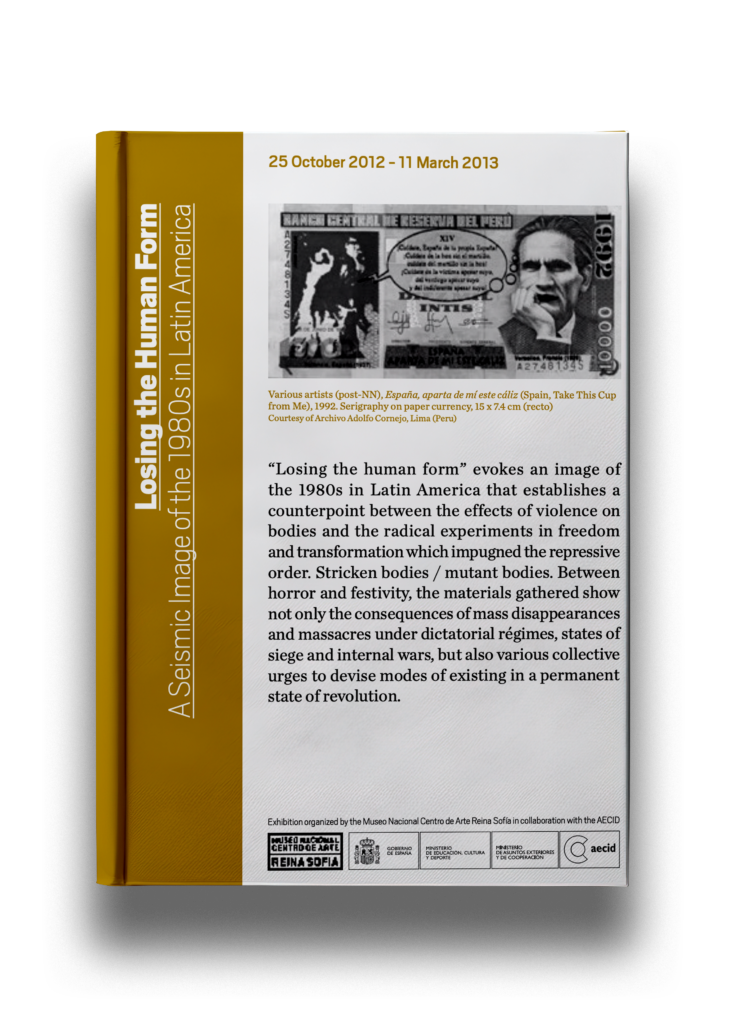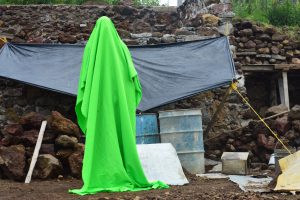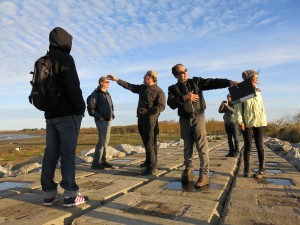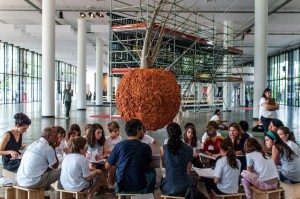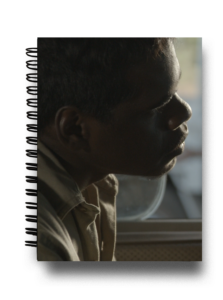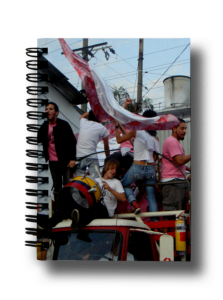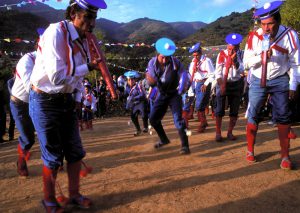Year
2012
Publisher
(Exhibition) MNCARS - Museo Nacional Centro de Arte Reina Sofía
Author
Southern Conceptualisms Network
Annotation
Losing the Human Form surveys the period spanning from 1973 (Pinochet’s coup) to 1994 (Zapatista uprising) in different Latin American countries. It’s a period defined by the systematisation of violence and death (be it state-sanctioned in military dictatorships or from internal wars) and by the collective radical experiences of subversion, resistance and expression that emerged in response. In the face of the current neoliberalisation and acute fascistisation of the public sphere, revising this project becomes telling of how the 1970s and 1980s constituted a laboratory for subjection forms that are nowadays normalised (dispossession, debtocracy, extractivism, being disposable, etc.). But on the other hand, Losing the Human Form displays a vast repertoire of artistic and cultural actions, open to appropriation and aimed to counter repression; a series of strategies and actions all defined by a shared precarity and fierce radicality.
Julia Morandeira Arrizabalaga
The hallmark of the political art of the 1980s is that it owes its existence to defeat. This all-too-rarely noted point is nevertheless central: it sets it apart from any artistic action or political image produced in the preceding decades, which aspired to play a role in the process of revolution and liberation.
